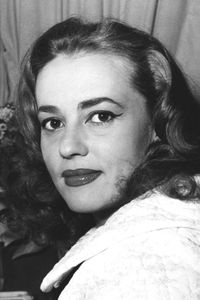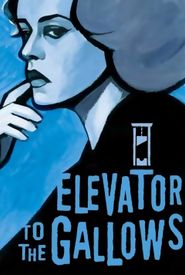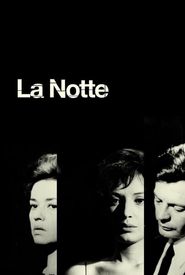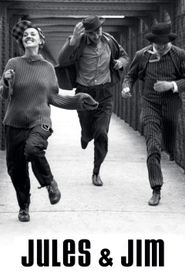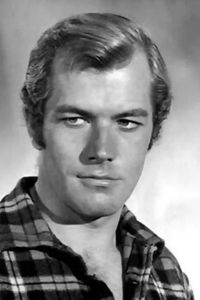Jeanne Moreau's rise to stardom began long before Louis Malle's Elevator to the Gallows (1958) and The Lovers (1958),as she had already been recognized as the prime stage actress of her generation by that time. In her 20s, she had made it to the prestigious Comédie Française, and had already appeared in B-movie thrillers alongside Jean Gabin.
When Malle began working with Moreau, the technicians at the film lab were initially concerned that he would "destroy" her, but Malle's unique approach to lighting and filming allowed Moreau's natural beauty to shine through. He lit her only by the windows of the Champs Elysées, which had never been done before, and this lack of artifice revealed Moreau's "essential qualities": she could be almost ugly and then suddenly become incredibly attractive, all while remaining true to herself.
Despite her on-screen characters being vastly different from her real-life personality, renowned film critic Roger Ebert believes that Moreau is a lot like her most enduring role, Catherine in François Truffaut's Jules and Jim (1962). Behind her enigmatic smile and piercing eyes lies a woman with a sharp mind, capable of bringing depth and nuance to her performances.
Moreau's directorial debut, Lumiere (1976),showcased her talent behind the camera as well, as she wrote the script and played the role of Sarah, an actress whose romantic relationships often mirrored those of Moreau's own life. She went on to collaborate with Malle on several films, and even presided over the jury of the 1995 Cannes Film Festival, solidifying her status as a beloved figure in international cinema.
Throughout her illustrious career, Moreau has continued to captivate audiences with her unique blend of talent, intelligence, and charisma, earning the respect and admiration of critics and fans alike.
